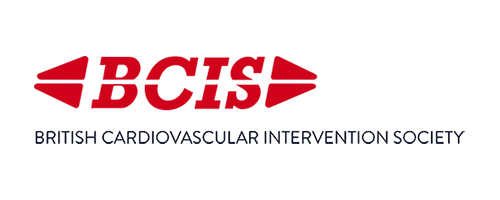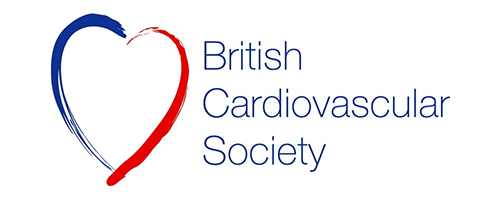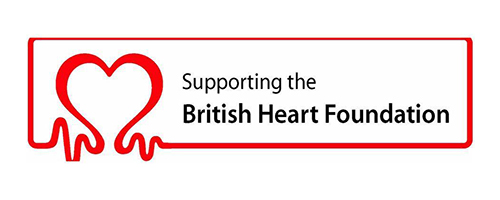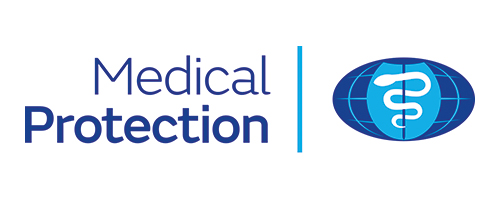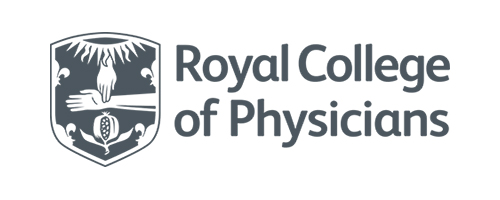COMMON CARDIOLOGICAL SYMPTOMS
The information outlined below on common symptoms and conditions is provided as a guide only and it is not intended to be comprehensive.
Discussion with Dr Saha is important to answer any questions that you may have. For information about any additional symptoms you may be suffering from that are not featured within the site, please contact us for more information.
Causes of Shortness of Breath
There are many causes of shortness of breath, ranging from physical deconditioning and the presence of obesity, to more significant causes such as coronary artery disease, heart failure, lung disease or anaemia. Any reason that can impair blood delivering oxygen to the body’s tissues can cause breathlessness. If the problem is in the heart and it can’t deliver enough blood to the body, the condition is known as Heart Failure (HF), Congestive Cardiac Failure (CCF) or Left Ventricular Failure.
Other potential heart conditions that could be causing breathlessness include:
Problems with the heart’s blood supply (which may cause angina)
Heart Valve disease
Atrial Fibrillation (and other heart rhythm disorders)
High Blood Pressure
What will need to be done?
You will be asked about possible causes for breathlessness, including smoking and asthma. During the consultation you will be examined and then may need tests, including blood tests to rule out anaemia, an ECG and an Echocardiogram to exclude heart problems; also lung function tests to assess your respiratory function may be useful. You may need a chest X-ray. Most of these tests will be possible on the day of your consultation, so a management plan can be made to help you.
The key cause of chest pain that would interest the cardiologist is angina; this is typically caused by the presence of a narrowed blood vessels supplying the heart i.e. coronary artery disease. Other causes of chest pain could be acid indigestion, muscular pains, or pain referred from the spine but felt in the chest.
Angina
Coronary artery disease is normally silent, but as it becomes more advanced, the individual may begin to experience the symptoms of angina. It is commonly known as” hardening of the arteries”. A build-up of fatty deposits narrows the blood vessels, similar to limescale in pipes. Coronary artery disease kills 1 in 5 of all men, and 1 in 6 of all women.
Other potential cardiac conditions that could be causing chest pain include:
Aortic Stenosis (aortic valve narrowing)
Atrial Fibrillation (with a fast heart rate)
Other heart rhythm disorders with a fast heart rate e.g. SVT (supraventricular tachycardia) or VT (ventricular tachycardia)
High Blood Pressure
Investigating chest pain
This involves:
• Careful taking of medical history
• Physical examination
• Appropriate diagnostic tests including ECG, Echocardiogram, exercise treadmill testing (ETT)
• Expert interpretation of results
• Feedback of results and initiation of treatment
You may need further tests such as stress cardiac MRI, CT coronary angiography (CTCA) or invasive coronary angioplasty.
Heart problems can also interrupt the brain’s blood supply and cause fainting. This type of fainting is called cardiac syncope. The risk of developing cardiac syncope increases with age. You’re also at increased risk if you have:
• narrowed or blocked blood vessels to the heart (coronary heart disease)
• chest pain (angina)
• had a heart attack in the past
• weakened heart chambers (ventricular dysfunction/heart failure)
• structural problems with the muscles of the heart (cardiomyopathy)
• an abnormal electrocardiogram – a test that checks for abnormal heart rhythms
• repeated episodes of fainting that come on suddenly without warning
Other potential conditions that could be causing fainting or dizziness include:
Aortic Stenosis
Atrial Fibrillation
Heart Failure
High Blood Pressure
Postural Orthostatic Tachycardia Syndrome (POTS)
Vasovagal Syncope
If your GP thinks your fainting episode may have been caused by a heart problem, they may suggest that you have an electrocardiogram (ECG).
Tachy (Fast) or Brady (Slow) cardia?
A tachycardia occurs when the measured heart rate is greater than 120 beats/minute. A bradycardia is when the heart rate is less than 60 beats/minute. You may present with tiredness of chest discomfort rather than palpitations if the heart rate is too slow or too fast. Palpitations are often set off by anxiety and are made worse by stimulants. Reducing caffeine intake and alcohol intake may help whilst the specific diagnosis is made. Drug treatment is best avoided until a firm diagnosis is confirmed by a specialist.
Other potential conditions that could be causing palpitations include:
Angina
Atrial Fibrillation
Heart Failure
High Blood Pressure
Postural Orthostatic Tachycardia Syndrome (POTS)
Investigating palpitations
Your specialist Consultant will take a detailed history from you and perform an examination. After the examination has been performed it is likely that the following tests may be used to define the symptoms:
• ECG
• 24hours Holter Monitor
• A “Patch” Monitor (a heart rhythm monitor that can record the rhythm for up to 2 weeks)
• Echocardiogram
Longer term monitoring may include an implantable loop recorder (ILR) for more infrequent symptoms.
Murmurs can be heard when the heart contracts (a systolic murmur) or when the heart relaxes (a diastolic murmur). People who have a healthy heart can sometimes have murmurs. People with anaemia can have murmurs and they are often heard in pregnant women due to the unusually large flow of blood through the heart. Sometimes heart murmurs are heard because of a defect in a heart valve, or because of a congenital abnormality in the heart, such as a hole in the heart. (‘Congenital’ means that you were born with the condition.) Some heart valve defects may be minor, but there can be more serious problems that may need treatment – for example if the heart valve is narrowed, prolapsed (weak or floppy) or leaking.
What treatment you may need, if any at all, will depend on the cause of your murmur and any symptoms you may have. Your doctor will usually arrange for you to have an Echocardiogram (an ultrasound of your heart). This will show if there are any problems with the structure of your heart or valves. If you do need treatment, this may be medicines to control your symptoms. Or, corrective surgery – for example if there is a problem with one of your valves and it is severe it may need repairing or replacing.
Discussion with Dr Saha is important to answer any questions that you may have. For information about any additional symptoms you may be suffering from that are not featured within the site, please contact us for more information.

